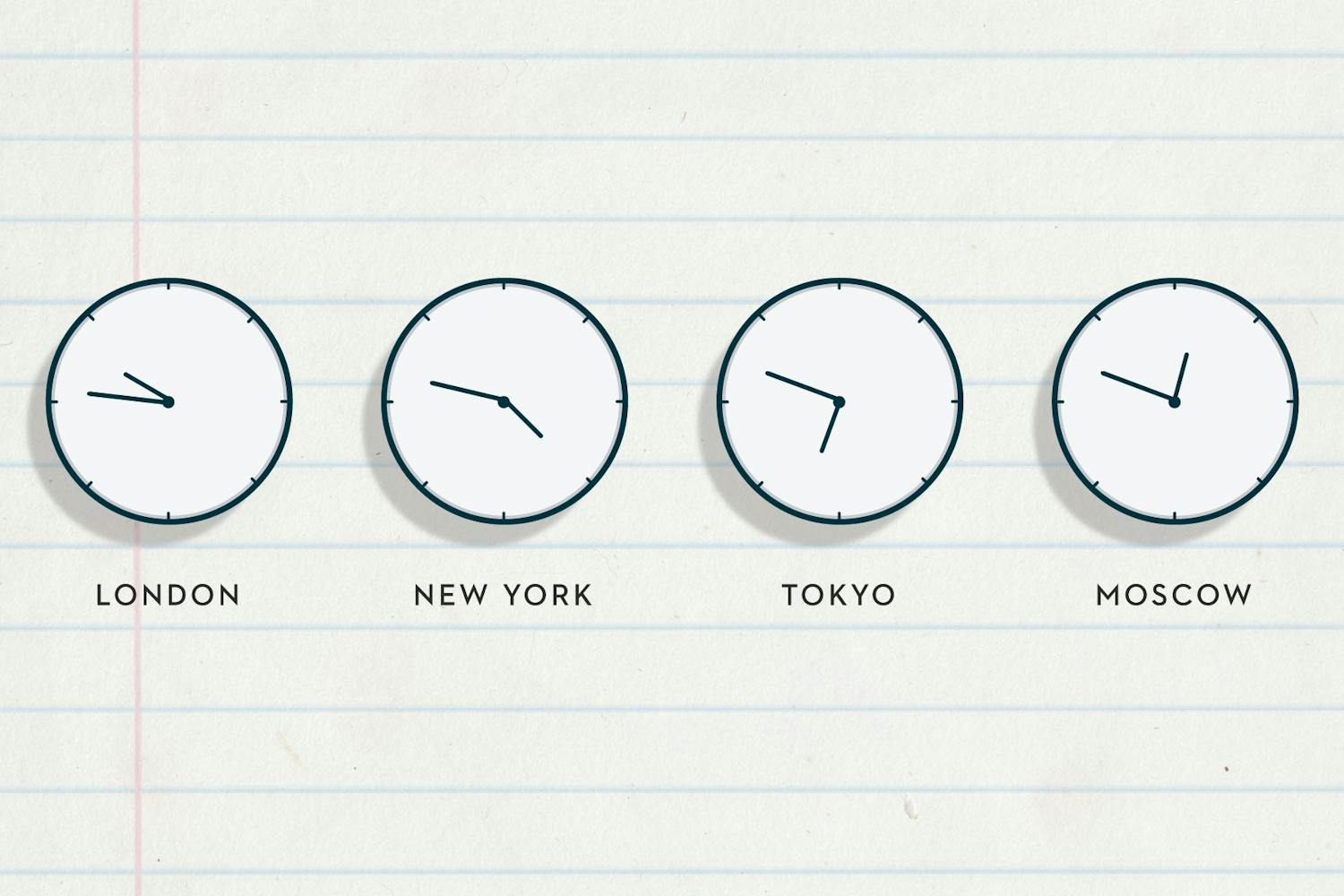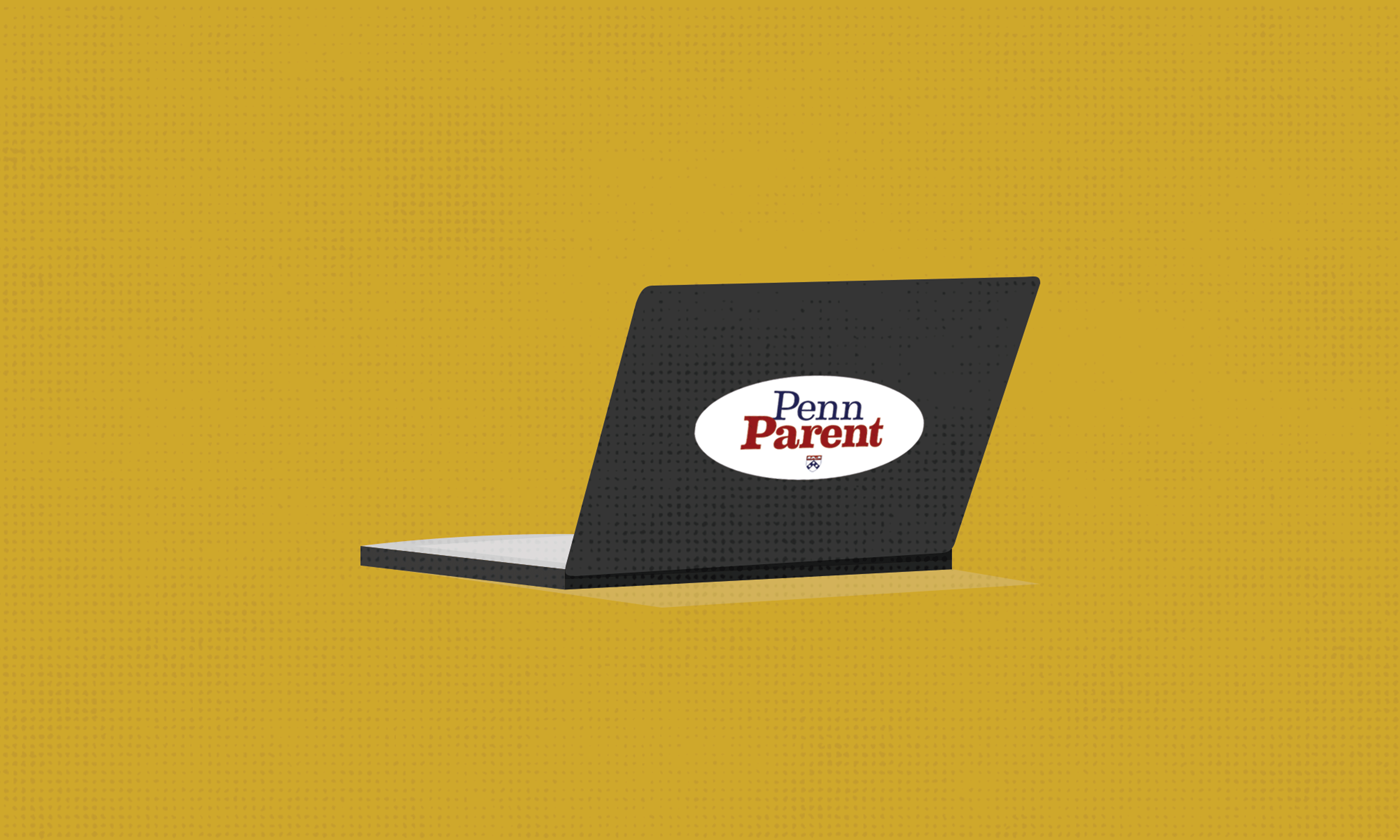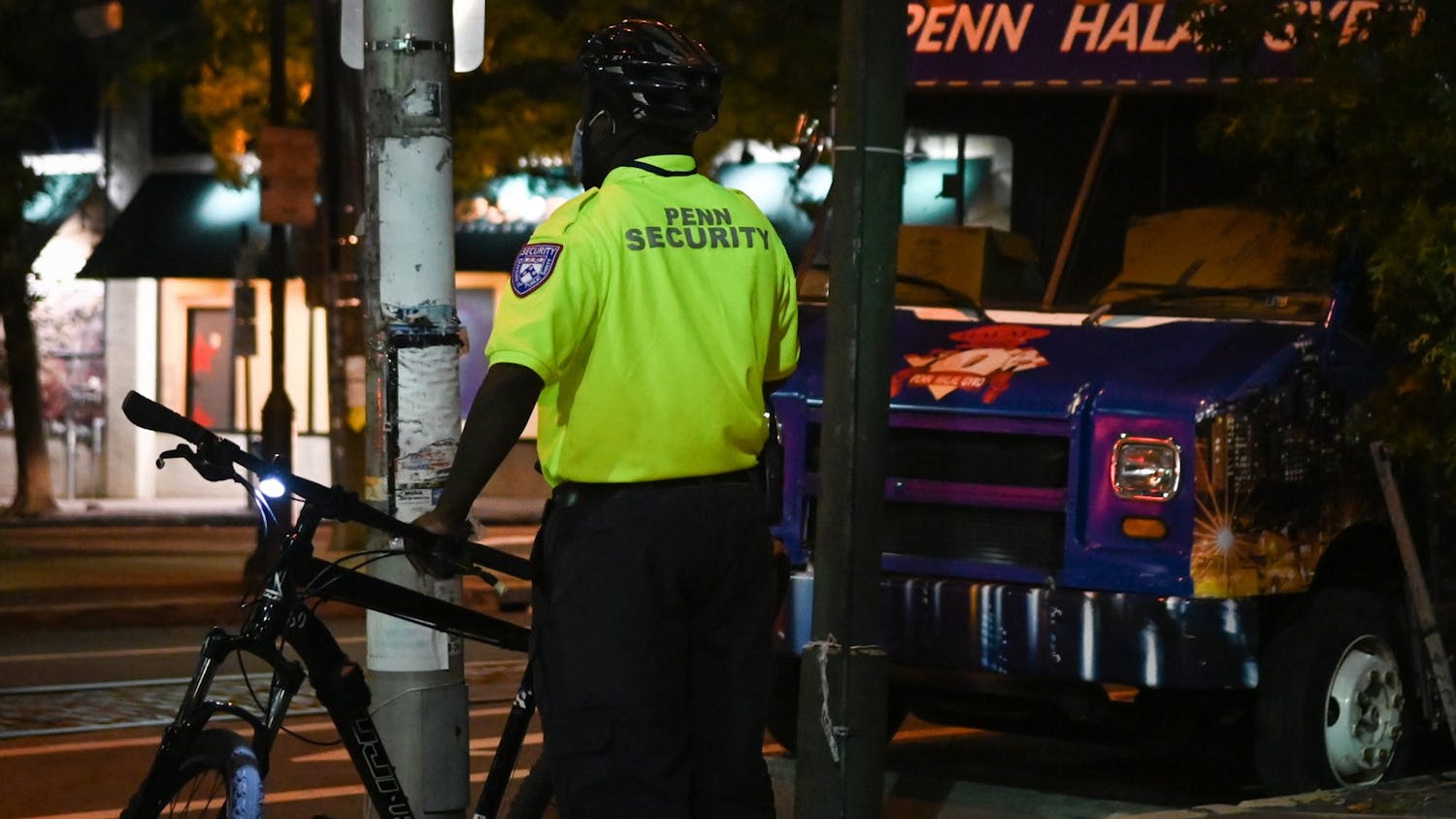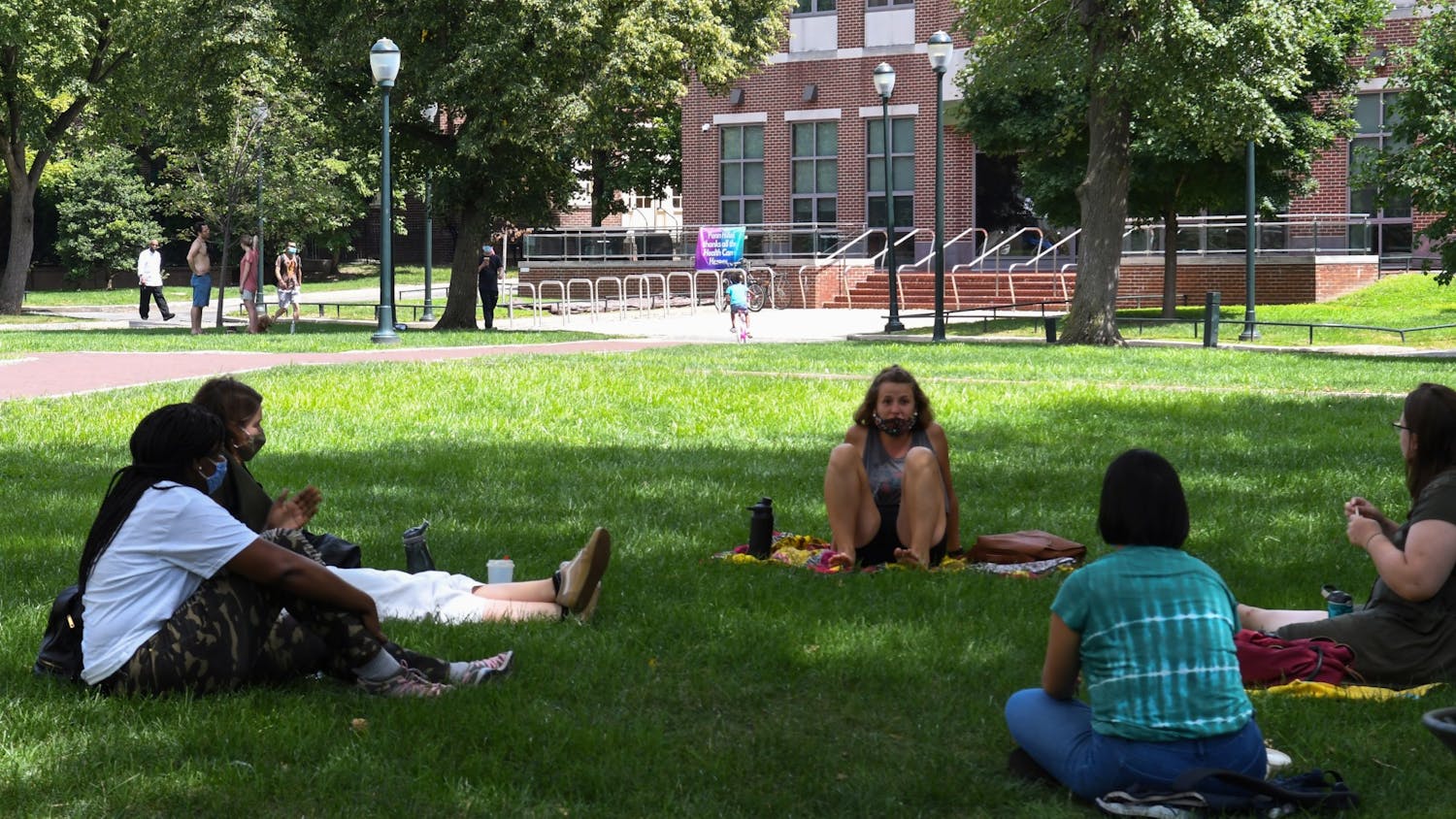Police Free Penn rightly points out the necessity to “reimagine police-free strategies for community safety and well-being.” But the gulf between imagination and reality runs deep.
-
Opinion Columns
- Opinion Columns
- Staff Editorials
- Guest Columns
- Opinion Submissions

Oliver Stern | This National Voter Registration Day, your voice counts more than ever
In honor of National Voter Registration Day, it is imperative that you register to vote so that your vision is represented when votes are counted this November.

Tejaswi Bhavaraju | Consider the opportunities presented by online learning
Students ought to realize the vast opportunities presented by online learning, and challenge themselves academically throughout the semester.

Sophia DuRose | Kindness and generosity are more important than ever
I know how tough these times can be. I also know the power of generosity. The world is too ugly right now to not be kind and generous when we can be.

Oliver Stern | This National Voter Registration Day, your voice counts more than ever
In honor of National Voter Registration Day, it is imperative that you register to vote so that your vision is represented when votes are counted this November.

Tejaswi Bhavaraju | Consider the opportunities presented by online learning
Students ought to realize the vast opportunities presented by online learning, and challenge themselves academically throughout the semester.

Varun Saraswathula | Even though we’re off campus, we’re still in the “Penn Bubble”
One must realize that the Penn Bubble is a phenomenon that extends beyond its geographical boundaries — it's a symptom of a larger problem.
As a supposedly independent college student, dealing with a toxic or abusive parent brings me back to my childhood and high school days.
I urge everyone to think about what kind of harm they’re doing to their peers when they record them on Zoom, and what kind of harm this does to the safe space of education more generally.
With your input, ideas, and guidance, we can make this moment the powerful catalyst for change that it should and must be.

Jessica Gooding | We need a mandatory course that teaches us the history and impact of white supremacy
Once at Penn, unless we take it upon ourselves, we can skip learning about the ways in which our society is strongly tainted by racism. This must change. All Penn students must be taught how white supremacy directly influences every element of our society.

Isabella Glassman | Online learning has ended syllabus week. Get used to It
Thinking towards the future, one should wonder why would professors ever want to return to the previous organization of syllabus week when instead they could begin class almost right away, perhaps only devoting a 20-minute block of class time for syllabus-related or logistical questions.
What matters now is that as students, we focus our energy on holding ourselves and our peers accountable to health protocols and procedures, averting one another from acting carelessly and selfishly amid rising case counts.
While we will not be printing this semester, we remain more committed than ever to our digital product. Expect to see engaging new digital projects, enterprise stories, photos, and videos that will capture what it means to be a Penn student during a global pandemic.

Jessica Gooding | Penn made the right decision. We shouldn’t be on campus
With over 1,000 families losing loved ones a day and with no end to the rampage in sight, Penn’s fall revision plans are well-warranted.

Jessica Gooding | We need a sustainability requirement in our curriculum. Now.
There is no doubt that campus initiatives create a space for sustainability education, but they are optional. We need everyone to be knowledgeable about the challenges we face with climate change.
Contrary to popular belief, violence isn’t always physical. It encompasses the emotional, mental, sexual, and physical realms.
Since Penn is a school that focuses heavily on a variety of global experiences, it wouldn’t be surprising if the idle monotony of homebound quarantine reignited some students’ desire to resume traveling.

Angelina Eimannsberger | Penn women, consider freezing your eggs
Harvested and stored eggs help women outsmart the impending loss of fertility that begins when we reach our mid-thirties.

Varun Saraswathula | The election is in three months, but you need to think about it now.
Even in states that are “solidly” red or blue, increased turnout can send a message of what public opinion really is, while abstentions embolden those in power to continue to ignore other voices.




























